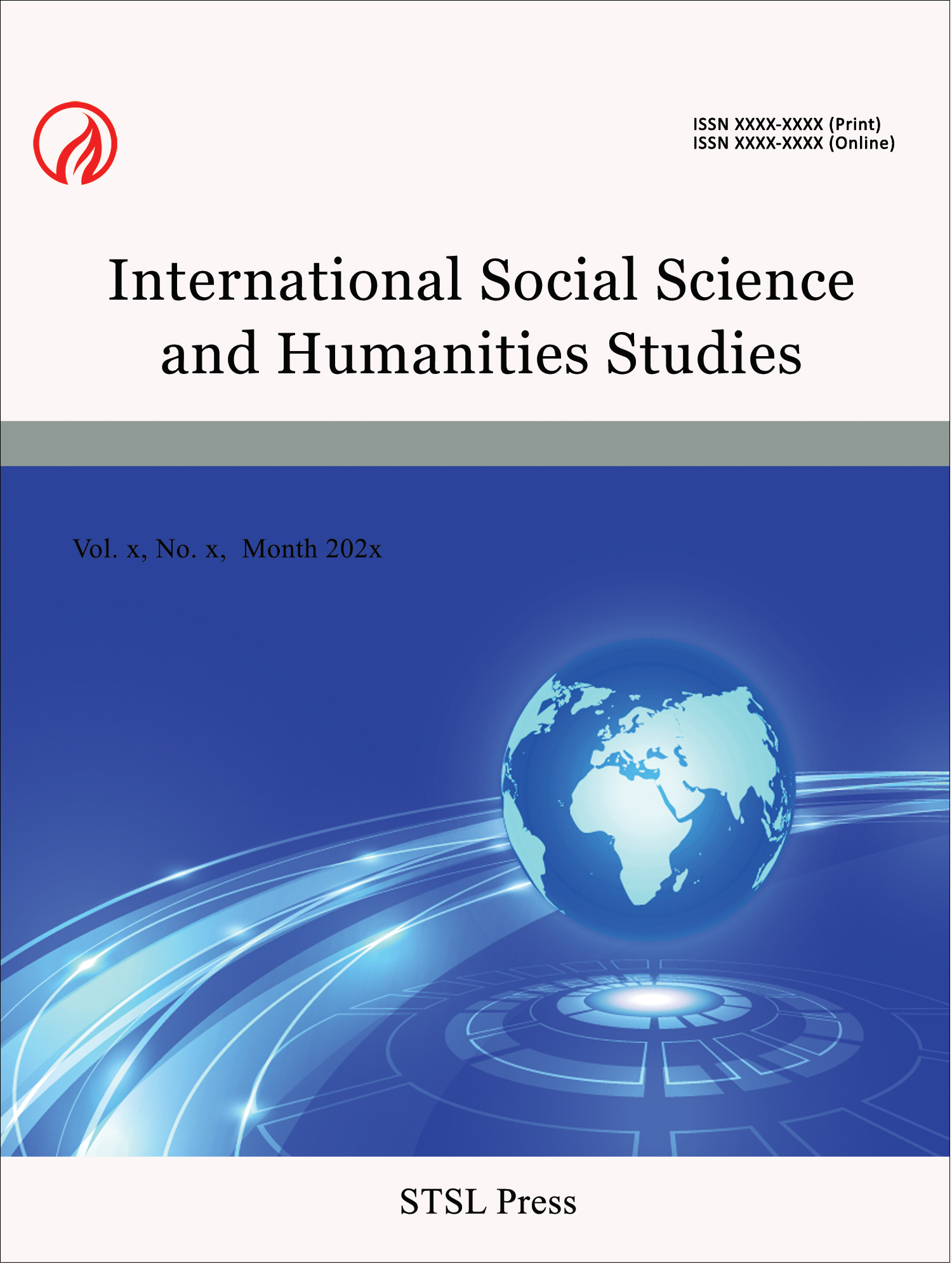Environmental Epigenetic Signatures can Explain the Increased Incidence of Cancer in Young People and Open up New Ways to Primary Prevention
Ruggero Ridolfi MD
Abstract
Tumor incidence in Italy and in the world, although decreasing in the last decades for some types of neoplasms, overall continues to show growing trends and, recently, a worrying increase in the incidence of cancer in childhood and young people has been described. In the XX century the entire Western world has suffered the release into the environment of an ever-increasing number of harmful and carcinogenic substances which have polluted air, water and food, progressively exposing the latest generations. Epigenetics, directly influenced by the external environment, plays an important role in carcinogenesis: methylations, despite being in non-coding structures, modify the functionality of genes by increasing or decreasing their expression and also demonstrating a capacity for transgenerational transmission which can have repercussions in children, adolescents and young adults. Thanks to Artificial Intelligence (AI), more and more epigenetic methylations sites related to specific environmental causes are being identified, increasing our knowledge and the possibility of developing increasingly effective therapies. These "Epigenetic Signatures" will also be able to provide fundamental as well as ethical, legislative and perhaps even legal indications to set up a renewed Primary Prevention.
Paper:
pdf
DOI:
https://doi.org/10.71002/isshs.v4n3p1
 This work is licensed under a
Creative Commons Attribution 4.0 License.
This work is licensed under a
Creative Commons Attribution 4.0 License.
Contact us
- Peter Wilson
- isshs@stslpress.org
